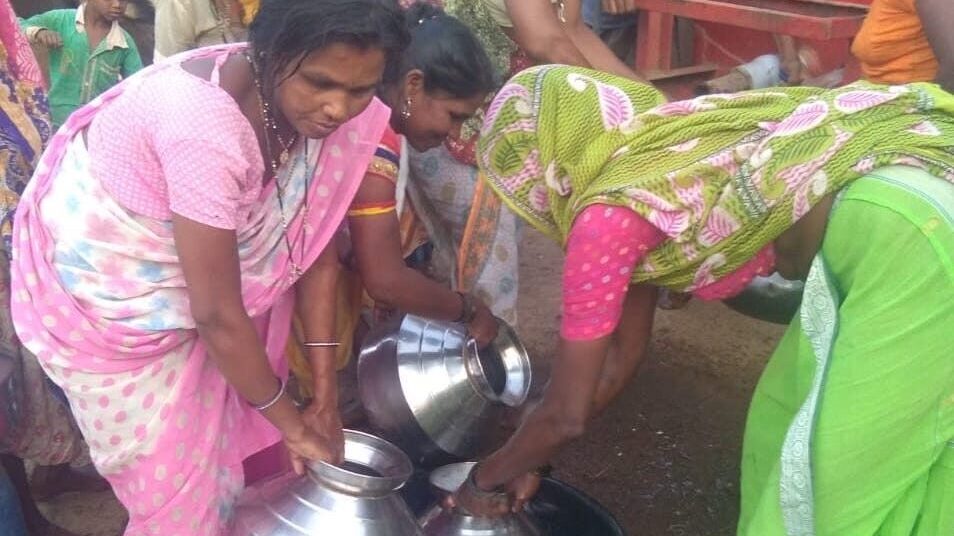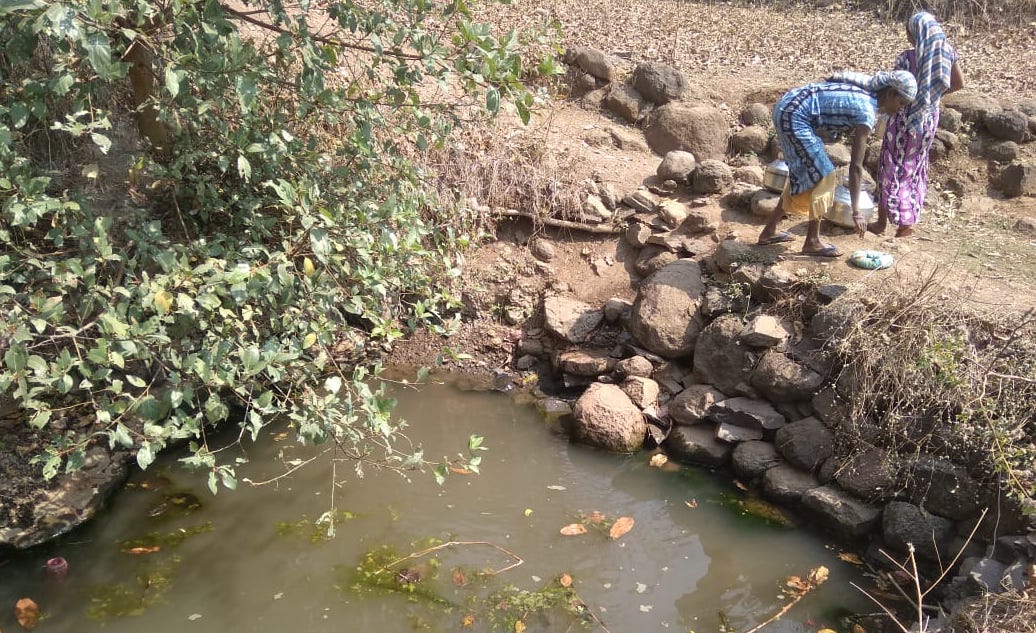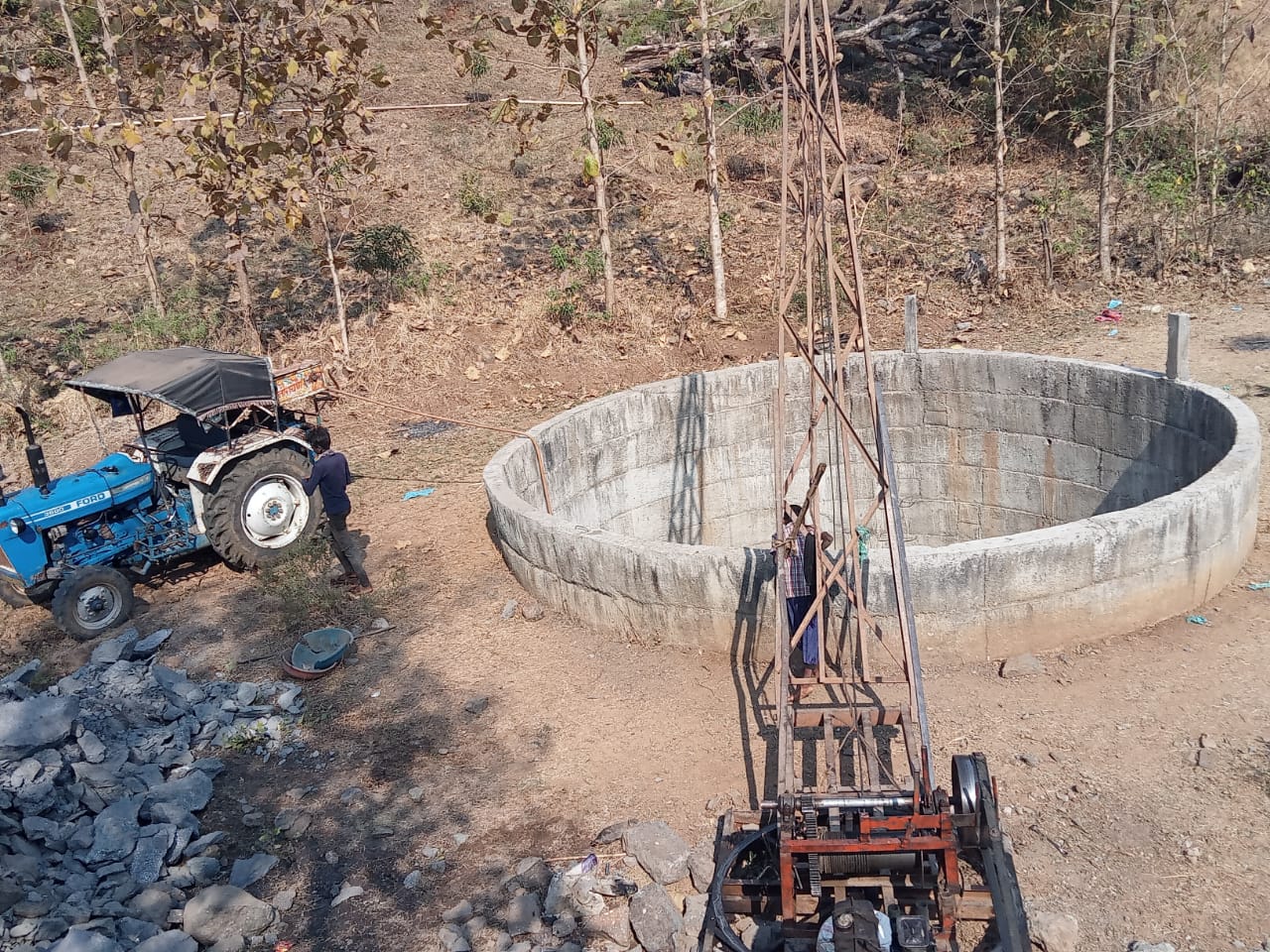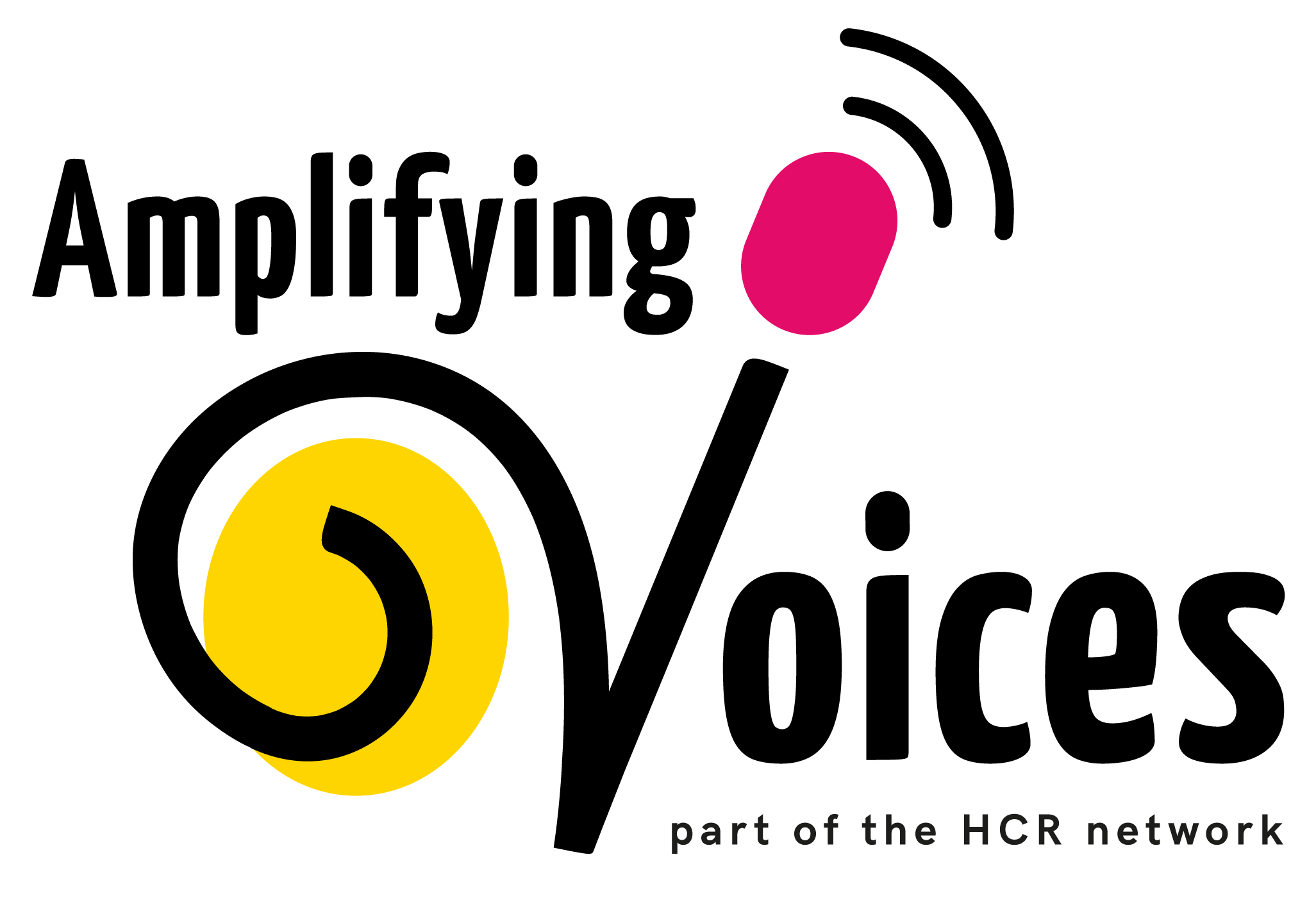
The Power of Ubuntu
Having grown up in southern Africa, I am very familiar with the concept of “ubuntu”, which was popularised by people like Desmond Tutu and Nelson Mandela. It’s a concept used in many Bantu languages and is part of a phrase which translates something like, “I am because you are.” In English a good way to think of it is, “the power of us.” It nurtures the idea that communities are one of the strongest building blocks of society, especially when they act together. Ubuntu recognises that communities have innate strengths and can drive development themselves by identifying and mobilising existing, but often unrecognised assets.
In our work at Amplifying Voices, we aim to foster this idea of Ubuntu in communities by equipping them with media tools, to get people talking, listening, and taking action, to improve local health, well-being and resilience. So I’m always thrilled when I hear stories of where this is happening, as it is in one community of indigenous (Adivasi) people in a remote village of Maharastra.
A year ago my daughter, Amy and I joined the Adivasi Voices Project (AVP) team in the small village of Khobrakahandol, where they had been working since 2020. Working closely with the community and service providers to tackle some of the biggest challenges facing them, they had begun to see some remarkable changes: the establishment of a self-help savings group; people setting up kitchen gardens to grow vegetables; improvements in health due to better hygiene and sanitation; more children going to school, especially girls. But on the day we visited, there was only one thing on the villager’s minds. Water! After a long spell without rain, the village was reeling from drought.

They insisted that we accompany them on the very long journey they had to walk several times a day, down a very steep incline, to find the water to fill their pitchers. On the walk back, and out of breath from the exertion, one of the ladies smiled at us saying, “I do this walk at least five times a day and with a water pitcher on my head.”
Over the course of the next nine months the AVP team worked with the community to make programmes in which they discussed the water problems and what they could do about it and how they should use their voice to make their needs known. Led by Sonu, a local barber and activist, the community put pressure on the local water department and the Panchayat Samiti a local government body, to assist them in their hardship. The AVP team for their part continued to support the community in their advocacy, inspiring them to keep talking to officials and helping them to understand their rights through conversations, information programmes and dramas played on speakerboxes.


Finally on 2nd February, a machine was sent by the local government to begin drilling for water. Yesterday I received pictures of the completed well and a delighted community, who, because they discovered the power of ubuntu, learned that together they can bring about change. Or in the words of community activist Sonu, “We did this!”
